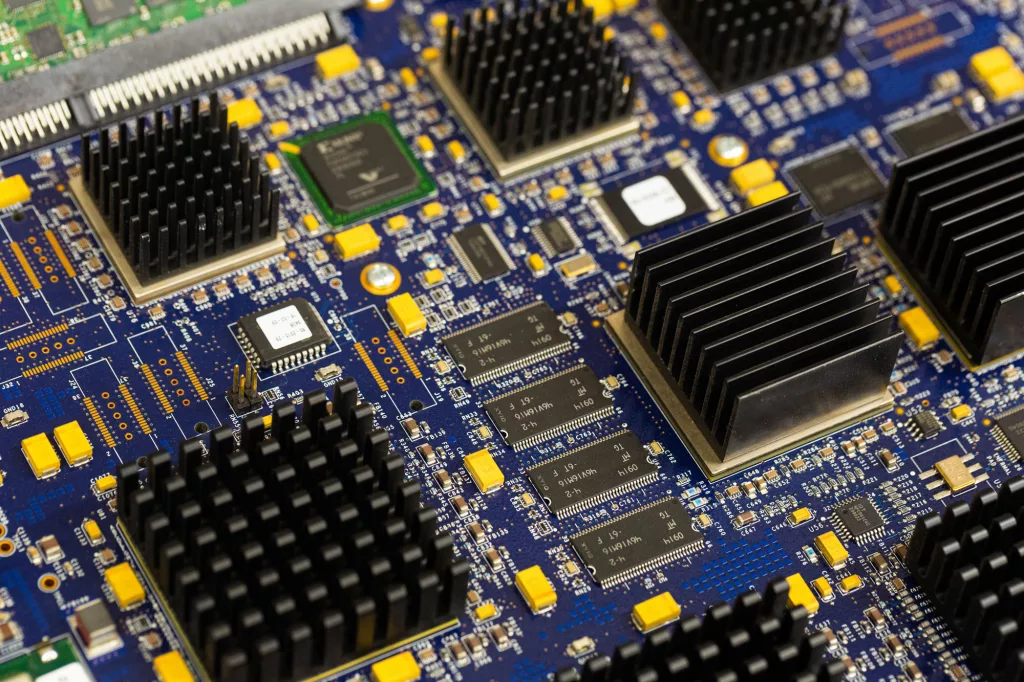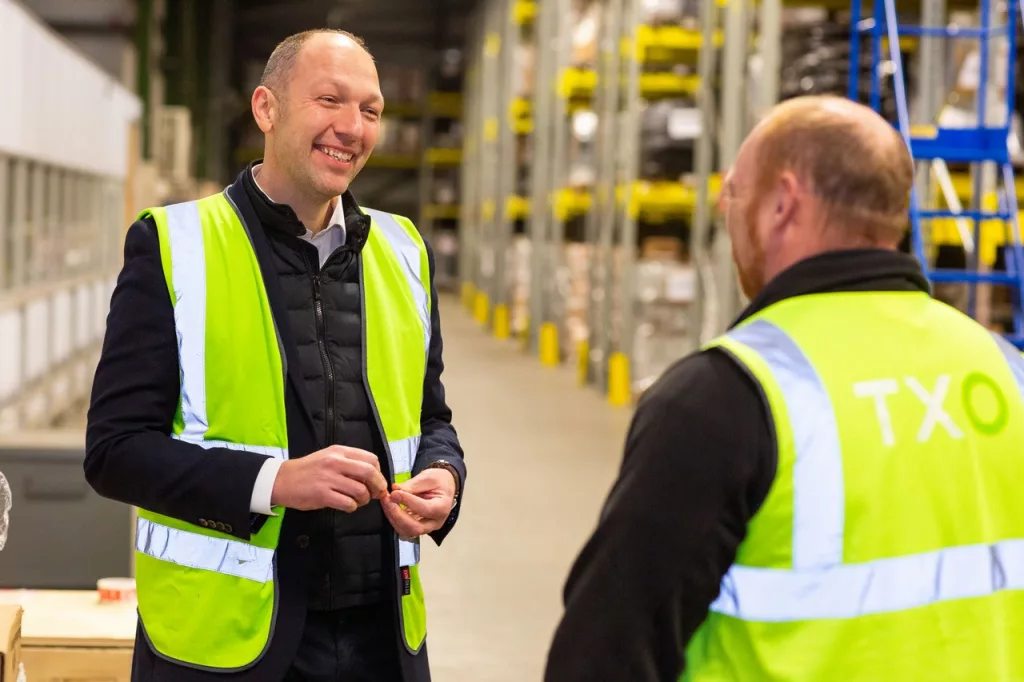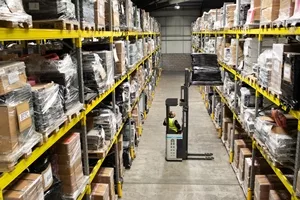Chepstow, UK. 25 April, 2023 – In all, 85% of operators say they had project timelines disrupted recently due to supply chain issues, with just over a third (34%) saying they’ve been delayed by six months or more. This is according to research conducted by TXO, a provider of critical telecom network hardware and asset management services.
With all operators surveyed saying their business has been impacted by supply chain issues, sourcing new equipment from original equipment manufacturers (OEMs) is a big part of this problem. Over three quarters (78%) of operators had to wait over three months and 41% waited over six months for critical hardware. Furthermore, 54% experienced an 11-30% cost increase on all network hardware from OEMs, making sourcing new equipment increasingly challenging.
Surveying more than 90 global mobile and fixed line operators, and network integrators, the research shows the significant consequence of the supply chain chaos:
- 58% of operators and 47% of systems integrators say their new business pipeline has been impacted
- 42% of operators and 79% of systems integrators report that customer satisfaction has been compromised
- 39% of operators and 58% of systems integrators say it’s affected revenue
- 45% of operators and 47% of systems integrators say that it’s impacted network performance
Circular economy emerging as a solution

As supply chain issues continue to disrupt operators, more and more of them are aware of the circular economy (recycling, refurbishing, reusing and repairing equipment) and its benefits. 38% of operators say they are now actively sourcing from the secondary market/using refurbished equipment to solve supply chain challenges. Around a third (32%) say they don’t currently use the circular economy but would consider using it to solve supply chain disruptions.
Cost increase on equipment is highlighted as a key fallout of the supply chain crisis, and the majority (82%) of operators say they would consider buying refurbished network equipment to reduce costs.
58% of operators have already begun to reuse, resell and/or recycle excess/legacy telecom network equipment within their business. However, 23% say they are aware of excess/legacy telecom network equipment in their company that could support the circular economy but haven’t done anything with it yet.
When asked about what the main factors are for selecting new equipment suppliers, only 55% of operators cite ‘sustainability considerations’ as important. Whereas the majority (92%) say ‘cost’, 83% state ‘lead times’ and 58% say ‘company reputation’ is important. So, when a supplier can tick all four boxes, it’s an easier decision for operators. Although, while sustainability on its own isn’t a high consideration for buying decisions, the research indicates that it is increasing in importance.
Operators are also taking other measures to overcome supply chain challenges with:
- 70% increasing their stock levels
- 61% expanding the network of suppliers they source from
- 35% repairing and reusing more of their existing equipment
- 38% redesigning their technology /network architecture to reduce reliance on OEMs

Darren Pearce, group CEO at TXO comments, “The supply chain crisis is having a significant impact on global telecom operators, from delays in sourcing new equipment to cost increases. It’s clear this is damaging new business pipelines, revenue, network performance and customer satisfaction.
“At the same time, operators are under pressure to extend connectivity and meet government targets for 5G and fibre network deployments. While many are wary about scaling up their equipment rollouts due to the huge supply chain delays and costs, the upcoming government deadlines are putting additional pressure on them to find alternative solutions.
“As a result, ‘sustainability considerations’ are becoming an increasingly important factor when selecting a new supplier. By joining the circular economy and buying pre-owned equipment instead of new, operators can avoid the long wait for new equipment, save money and accelerate deployment in line with government targets. This not only helps safeguard their business model and revenue stream as they manage the supply chain crisis, but it will also significantly reduce their carbon footprint and support their sustainability goals,” Pearce concludes.
Comment on this article below or via Twitter: @VanillaPlus OR @jcvplus






